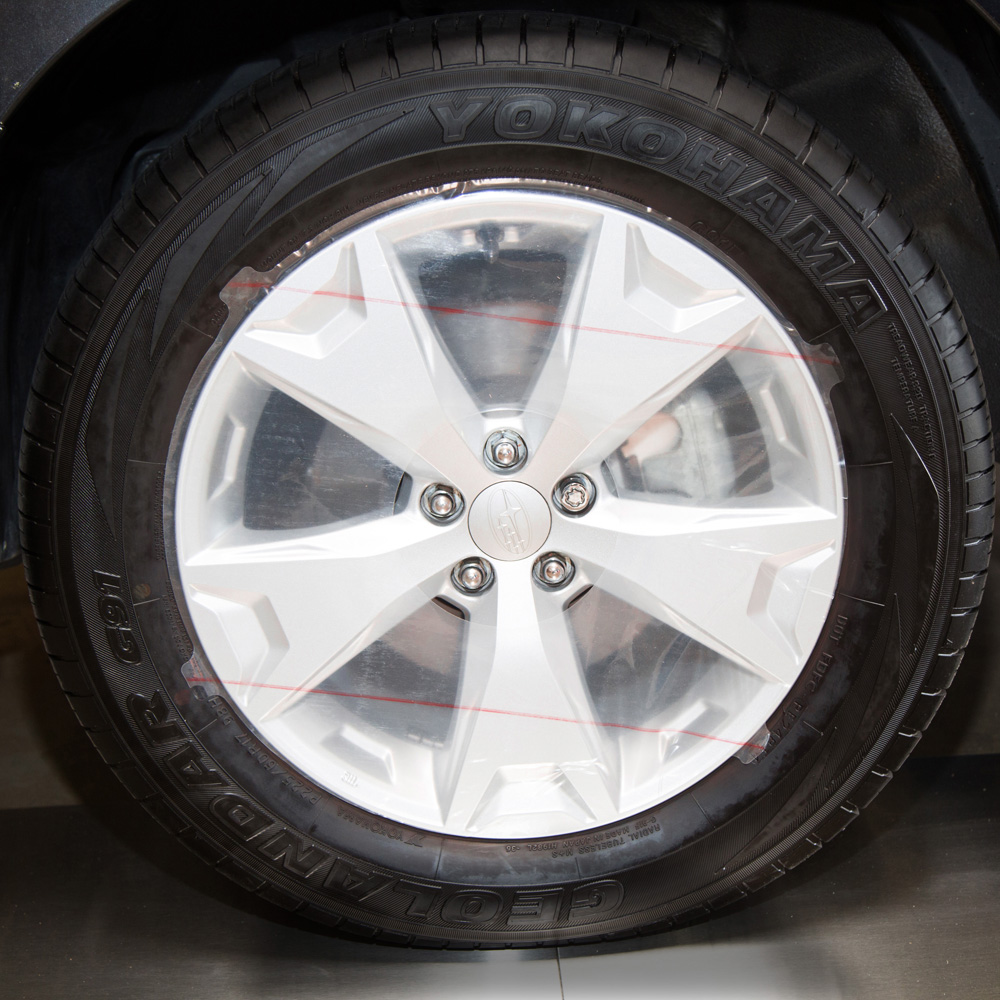What Auto Manufacturers Should Look for in a Protective Tape

Most drivers probably don’t realize just how much their vehicle relies on tape to perform at the level they expect – and that’s a good thing. Automotive manufacturers understand their components and vehicles can sustain damage at any step in the production or shipping process and that they must be proactive. There are a few ways manufacturers might go about protecting their parts, but adhesive tape is the most reliable and provides the greatest degree of flexibility. Above all, manufacturers can’t overlook the importance tape plays in quality and customer satisfaction.
There are a number of areas where protective tape plays a part, from manufacturing to delivery – and that tape must fulfill certain parameters. Here are a few key attributes automotive manufacturers should consider when investing in tape:
1. Proper adhesion
Because protective tape isn’t used to keep the wheels from falling off, that means it doesn’t have to have a firm grip, right? Wrong – at least to some degree. The tape can’t be as strong as something used for insulation, or in holding parts together under the stress of high heat, but it also shouldn’t easily lift at the edges and must adhere to uneven surfaces. In other words, it should be firm and unyielding, but also easily removed without tarnishing the surface and leaving residue. This also depends on where the tape is applied – carpeting protection requires a different type of tack than wheels, for example.
2. Durability
Sometimes a car will remain in transit for longer periods of time, for example, when traveling across continents on a massive ship. Sometimes components can pass from hand to hand or truck to truck on their way to a factory. During this process, it’s important for protective tape to guard against accidental abrasion, tears, scratches and environmental issues like sun damage or bird droppings – otherwise, it wouldn’t be worthy of the name “protective.” The best of this kind of tape doesn’t damage the surface upon which it is applied and can also protect it during shipping and handling.

3. A clear option
… Literally. Automobile manufacturers and OEMs can choose between a clear protective tape or a white one, each with its own advantages and special uses. For example, many parts manufacturers will opt for clear tape on individual components, especially those that won’t be exposed to the outdoors, to make it easier to identify certain details or labels. On the other hand, organizations might also opt for white protective tape, which is a little more durable – particularly for components that might succumb to sun damage. The best white automotive tapes have the ability to block UV rays and protect the surfaces underneath.
4. Specialized brake protection
The wheels are a crucial component in any vehicle, but not just for the obvious reasons. Wheels contain important mechanisms like the brake pads and rotors – items that must be protected from corrosion, especially during the production and shipping process. Fortunately, there are specifically designed WheelMask tapes that can protect brakes and rotors, keeping them in perfect condition until the final sale.
Like all applications, specific functions require specific types of protective tape within the automotive industry. Be sure to conduct thorough research and work with industrial tape suppliers to find the perfect solution for your needs.


